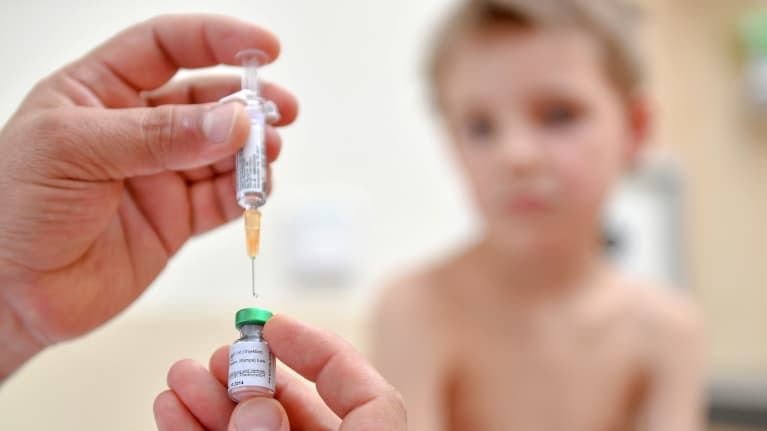The incidence of measles in Finland has increased over the last year, says the National Institute for Health and Welfare (THL). While 11 cases of measles were diagnosed in the country in 2017, the number rose to 16 in 2018. All infections were contracted abroad.
According to THL, the increase in the number of infections reflects the spread of the disease elsewhere in the world, including Europe. "Over the past 12 months, tens of thousands of measles cases have been reported in European countries," Taneli Puumalainen, senior physician at THL, said.
In Finland, measles was introduced by those who had been abroad and then spread, mostly to family members. The biggest risk of a broader spread of measles last year was in Ostrobothnia, Western Finland, where an unvaccinated child contracted the disease in an area where the vaccination coverage was low.
Puumainen reminded travellers to check their vaccinations at least one month before a trip.
Drug resistance is a cause for concern
The prevalence of drug-resistant bacteria also increased in Finland in 2018 according to THL. In particular, the number of Enterococci cases tripled from 66 to 205. Resistant Enterobacteriaceae cases increased by more than half from 48 to 73.
Although the figures are growing, they are still small, according to THL. The situation in Finland, when assessed globally, is estimated to be very good thanks to an effective treatment system and hospital hygiene, explained Puumalainen.
"Drug-resistance to microbes should be a matter of concern. It is a big global problem that has a large impact on the price and effective use of antimicrobials in the future," said Puumalainen.
TBE vaccination recommended in summer
In 2018, the number of reported cases of tick-borne encephalitis (TBE) was 79, which was the same as the year before. While most infections were contracted in known risk areas, the incidence of the disease has been increasing for several years, according to THL.
TBE vaccination is recommended for those who will be outdoors in nature during summer for at least four weeks. Residents and travellers in risk areas are eligible for a vaccine as part of a national vaccine program. The list of risk areas is mainly includes clearly defined parts of archipelago regions in Finland, but this year the southwestern part of Lake Lohja in Uusimaa was also included by the national vaccine program. The most common tick-borne disease, borreliosis, however, does not have a vaccine.
On the whole, the situation regarding infectious diseases in Finland is stable, according to Puumalainen who pointed out there were no major epidemics or events threatening public health over the past year.
